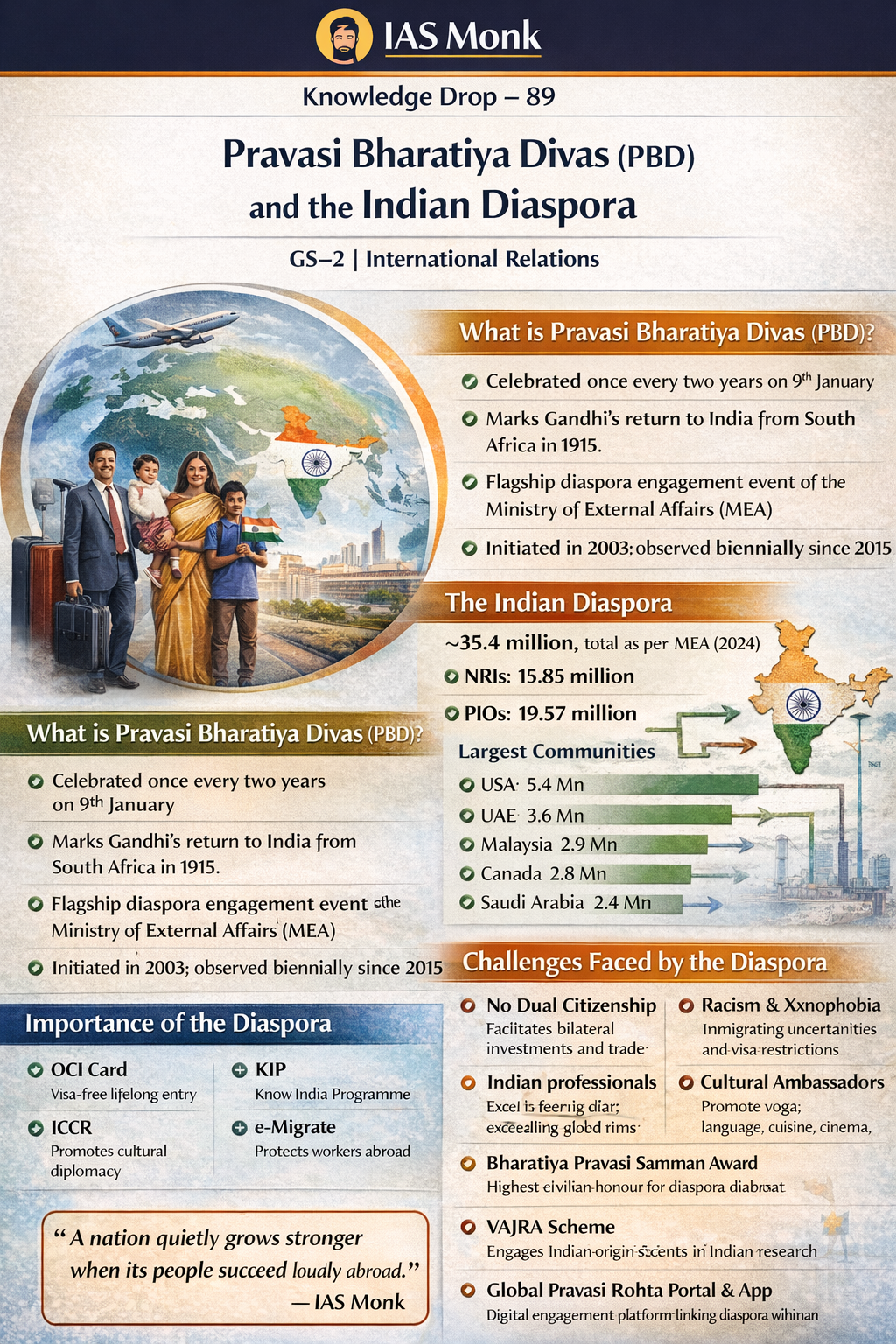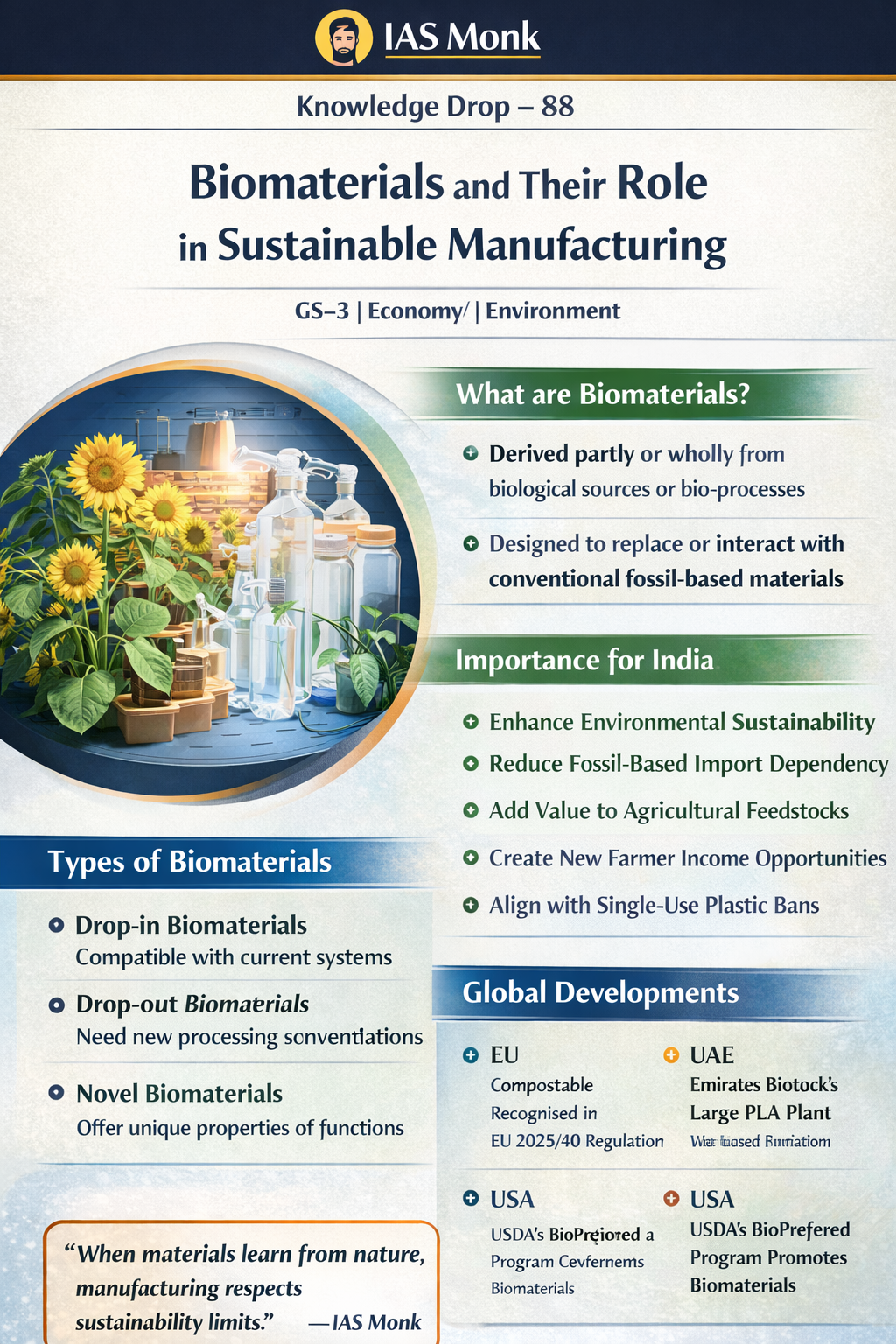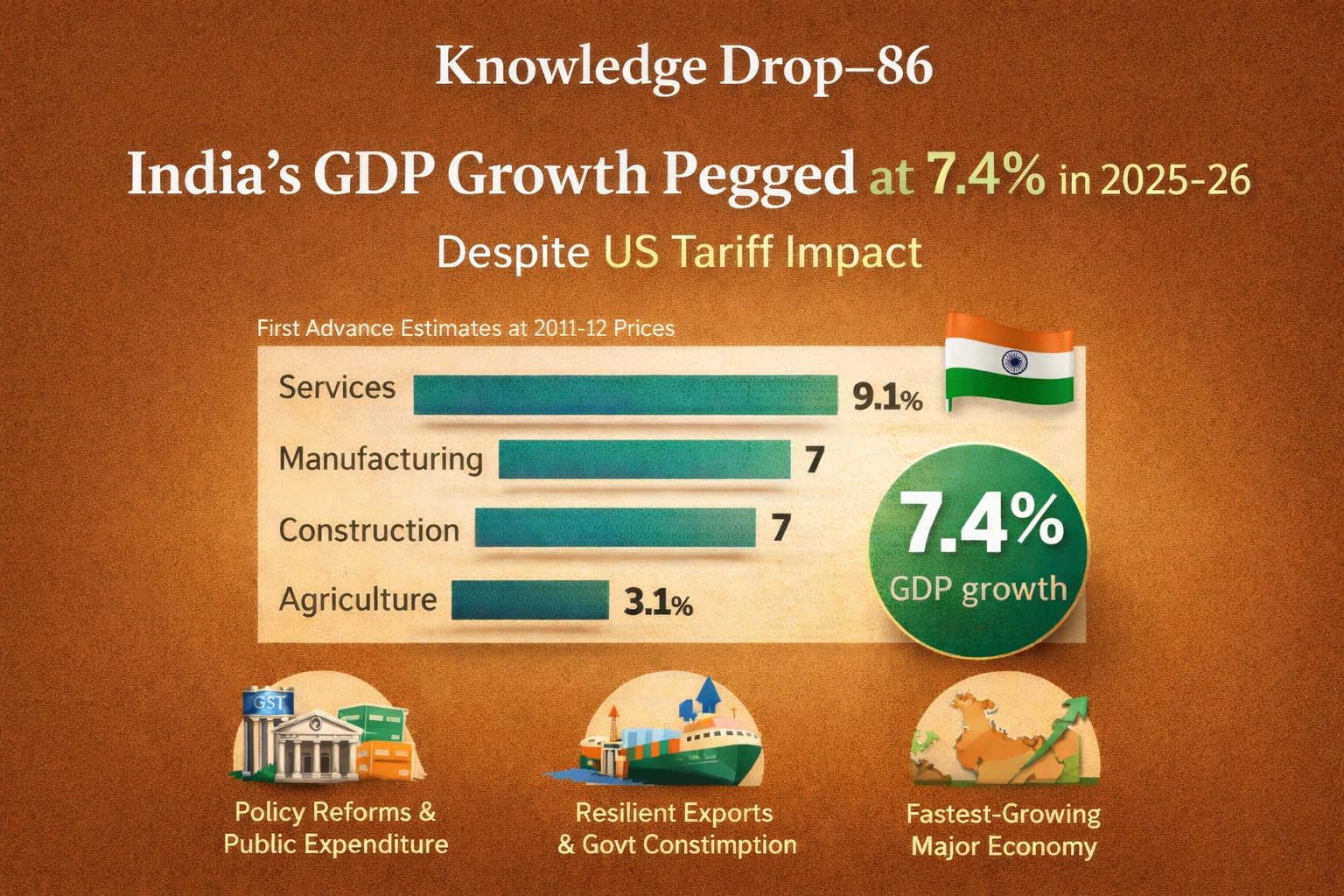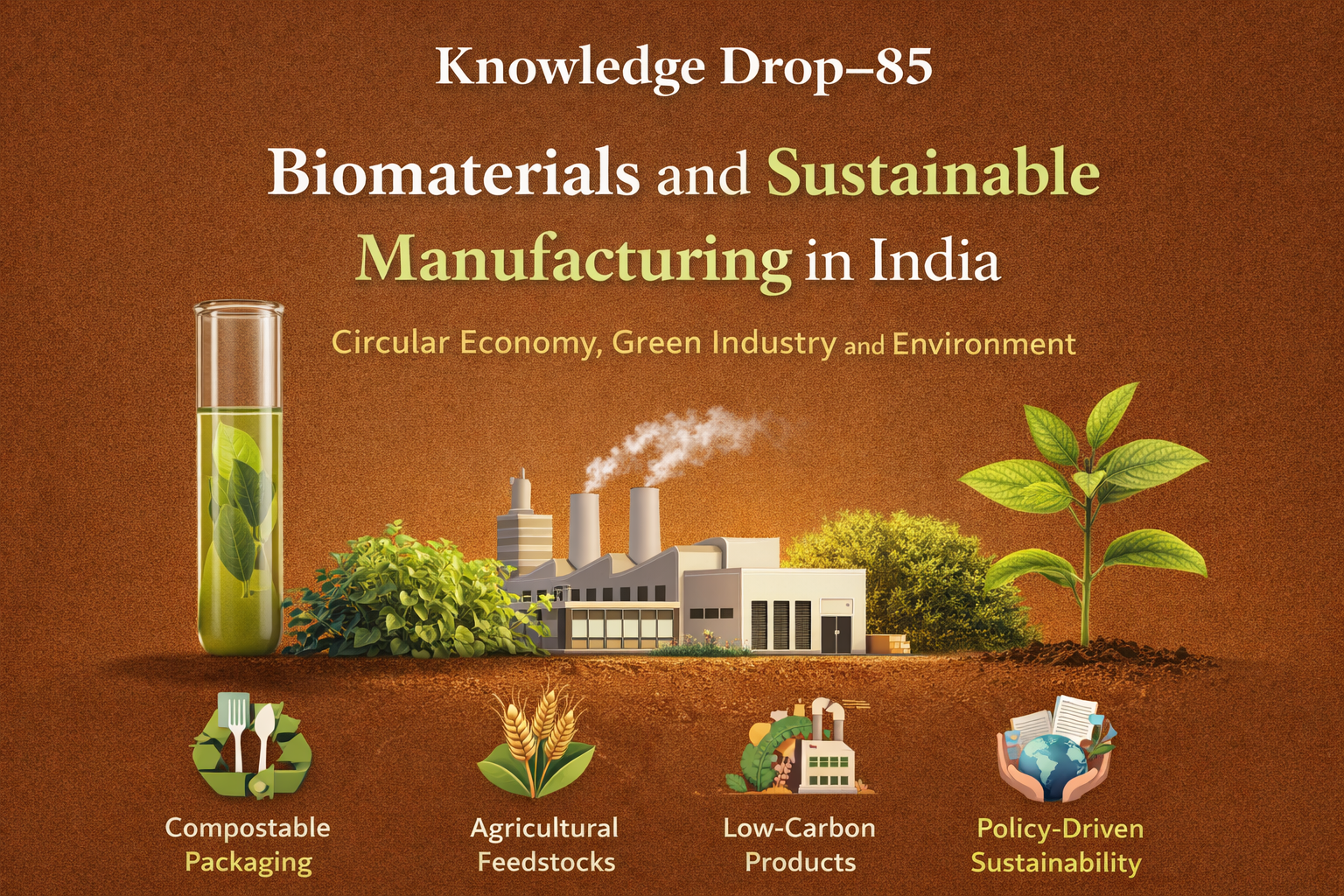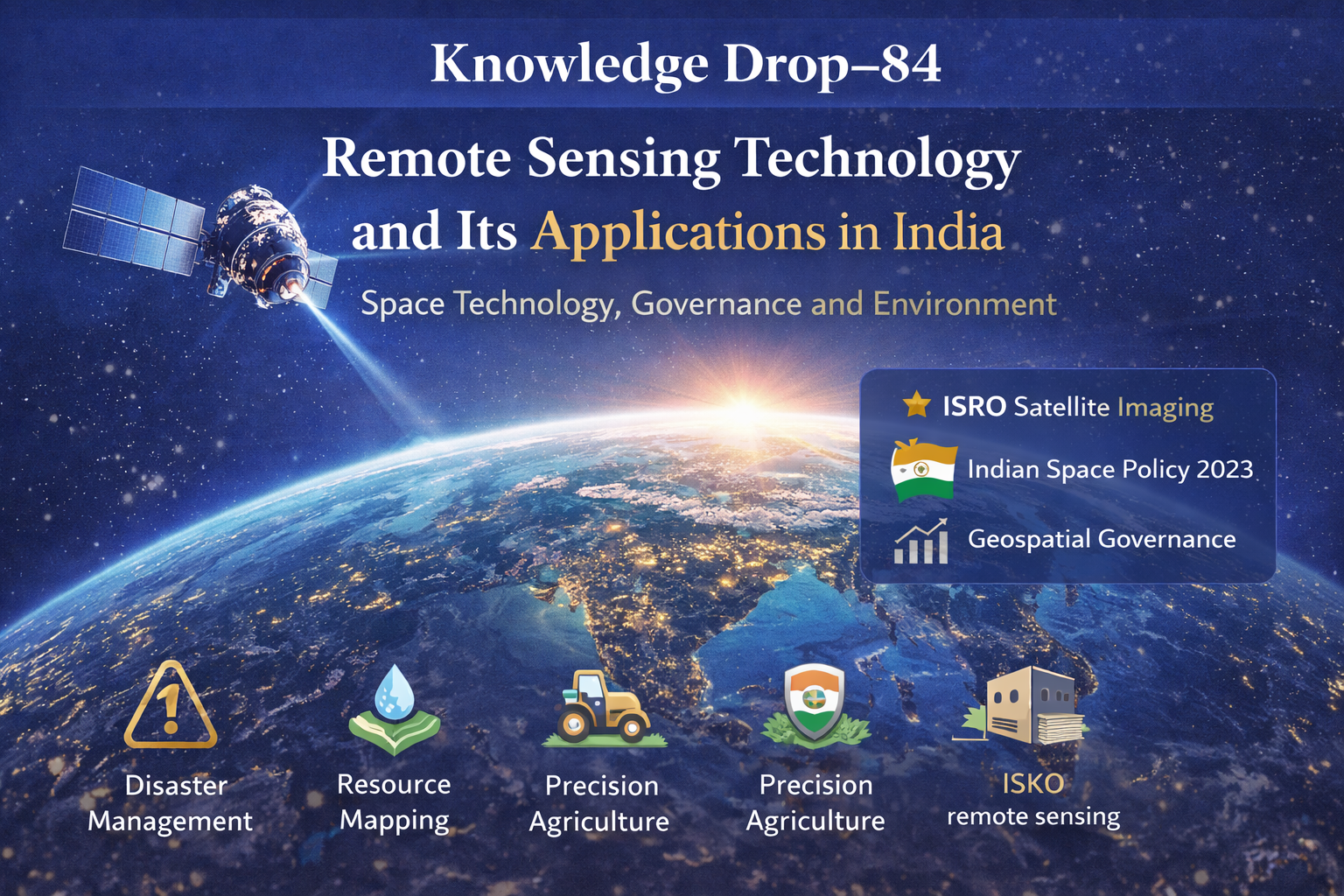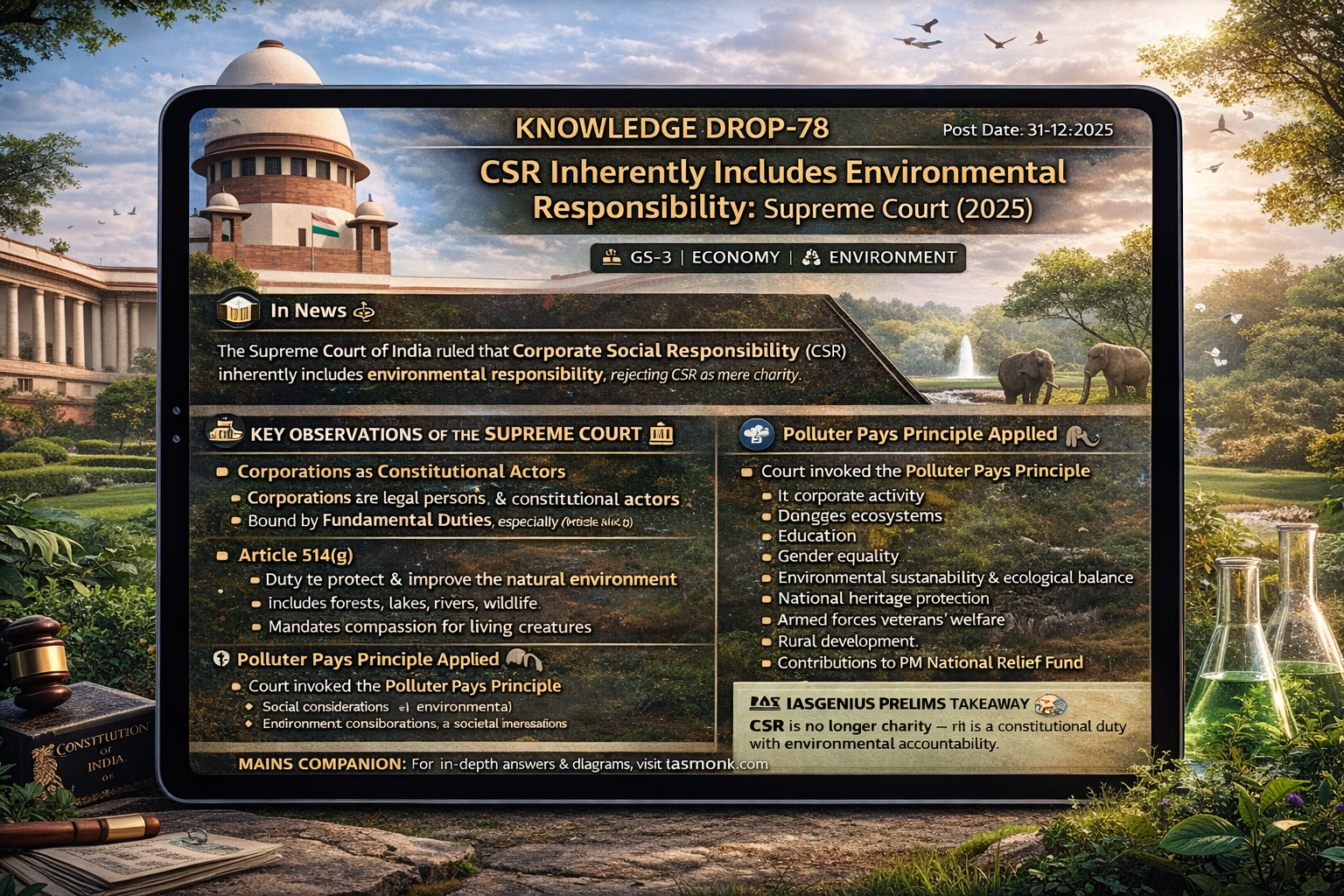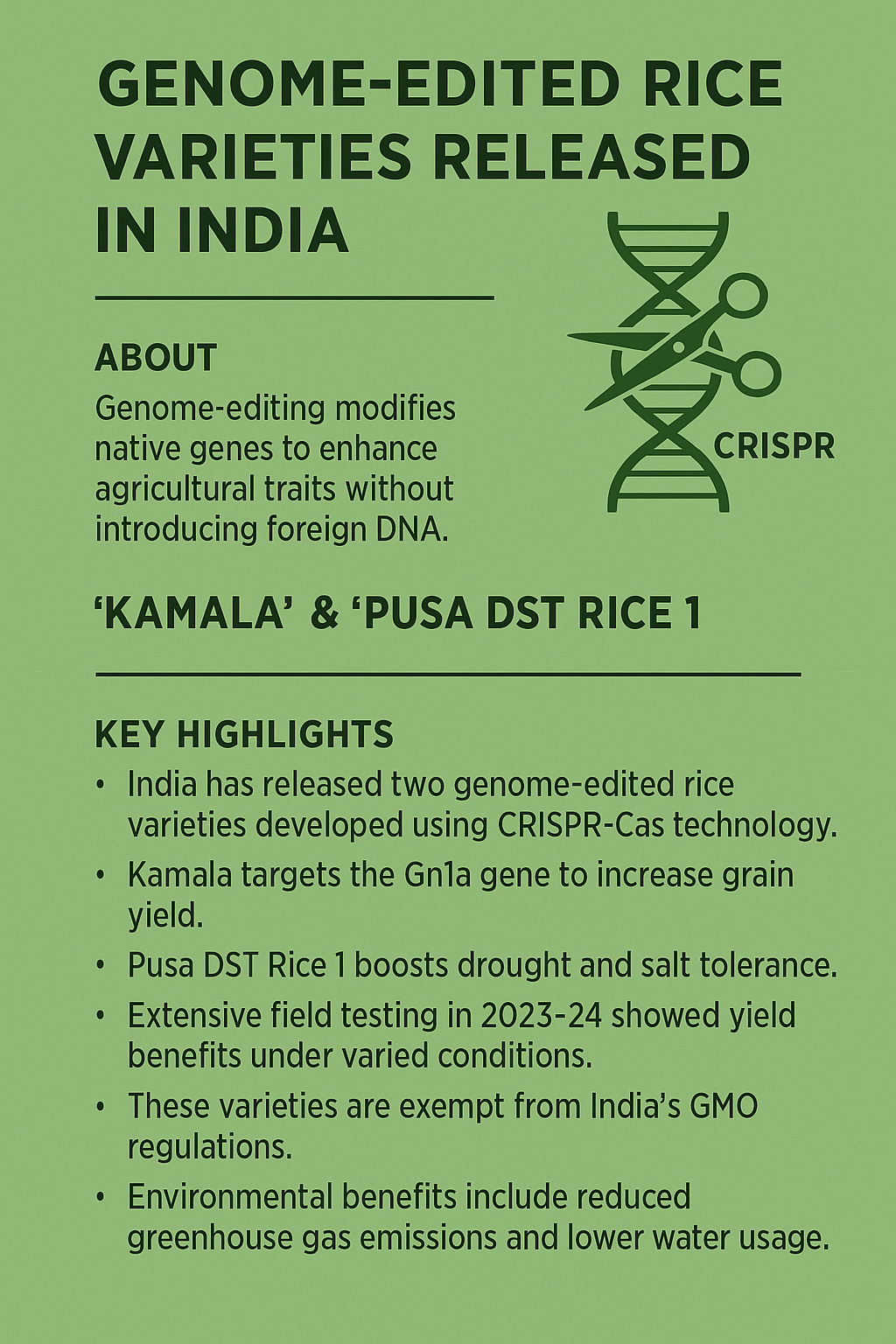
📅 May 6, 2025, Post 12: Kamala & Pusa DST Rice 1: A CRISPR Revolution in Indian Fields | Target IAS-26 MCQs Attached: A complete Package, Dear Aspirants!
Kamala & Pusa DST Rice 1: A CRISPR Revolution in Indian Fields

🔹 NEWS DROP — PETAL 012
📅 May 6, 2025
🎯 GS Paper 3 | Science & Technology – Biotechnology in Agriculture
🌀 Intro Whisper
With a single cut in the genome and a leap in resilience, India’s rice fields welcome their next green revolution.
🔍 Key Highlights
- India has released two genome-edited rice varieties: ‘Kamala’ and ‘Pusa DST Rice 1’, developed using CRISPR-Cas technology.
- Unlike GMOs, genome editing does not introduce foreign DNA, but precisely alters native genes to improve traits.
- ‘Kamala’ targets the Gn1a gene to enhance grain yield.
- ‘Pusa DST Rice 1’ improves drought and salt tolerance, making it suitable for stress-prone regions.
- Field trials (2023–24) show both outperform their parent lines in yield.
- These crops are exempt from India’s GMO regulatory barriers, thanks to a new policy classifying genome-edited crops as non-GM.
- Environmental benefits include reduced greenhouse gas emissions, less water usage, and increased paddy production over 5 million hectares.
🧭 GS Paper Mapping
Environment: Sustainable Farming & Resource Conservation
GS3: Science & Technology – CRISPR, Genome Editing
GS3: Agriculture – Climate-Resilient Varieties
Target IAS-26: Daily MCQs :
📌 Prelims Practice MCQs
Topic:
🧠 Prelims MCQ (Type 3 – Multiple Correct Options)
Q. With reference to genome-edited rice varieties in India, consider the following statements:
CRISPR-Cas technology inserts foreign genes into the rice genome to improve yield and stress tolerance.
‘Kamala’ rice variety was developed by targeting a gene associated with grain production.
Genome-edited crops in India are classified the same as genetically modified organisms under existing laws.
These varieties offer environmental benefits such as reduced greenhouse gas emissions and lower water usage.
How many of the above statements are correct?
A) Only two
B) Only three
C) All four
D) Only one
🌀 Didn’t get it? Click here (▸) for the Correct Answer & Explanation
✅ Correct Answer: A) Only two
🧠 Explanation:
•1) ❌ Incorrect – CRISPR does not insert foreign genes; it edits existing ones.
•2) ✅ Correct – ‘Kamala’ targets the Gn1a gene to enhance grain yield.
•3) ❌ Incorrect – These genome-edited crops are not treated as GMOs under Indian law.
•4) ✅ Correct – They contribute to reduced emissions and water conservation.


